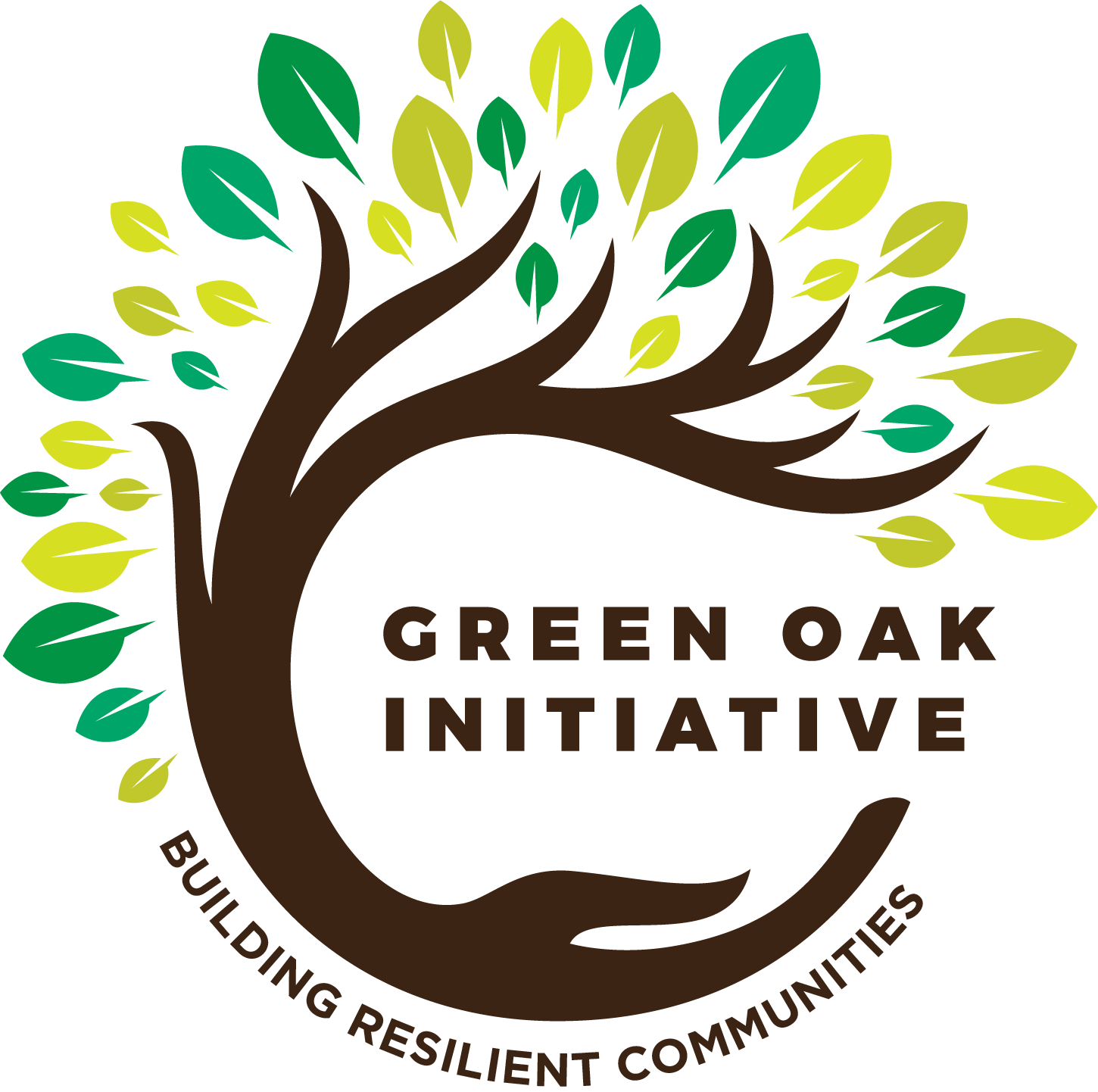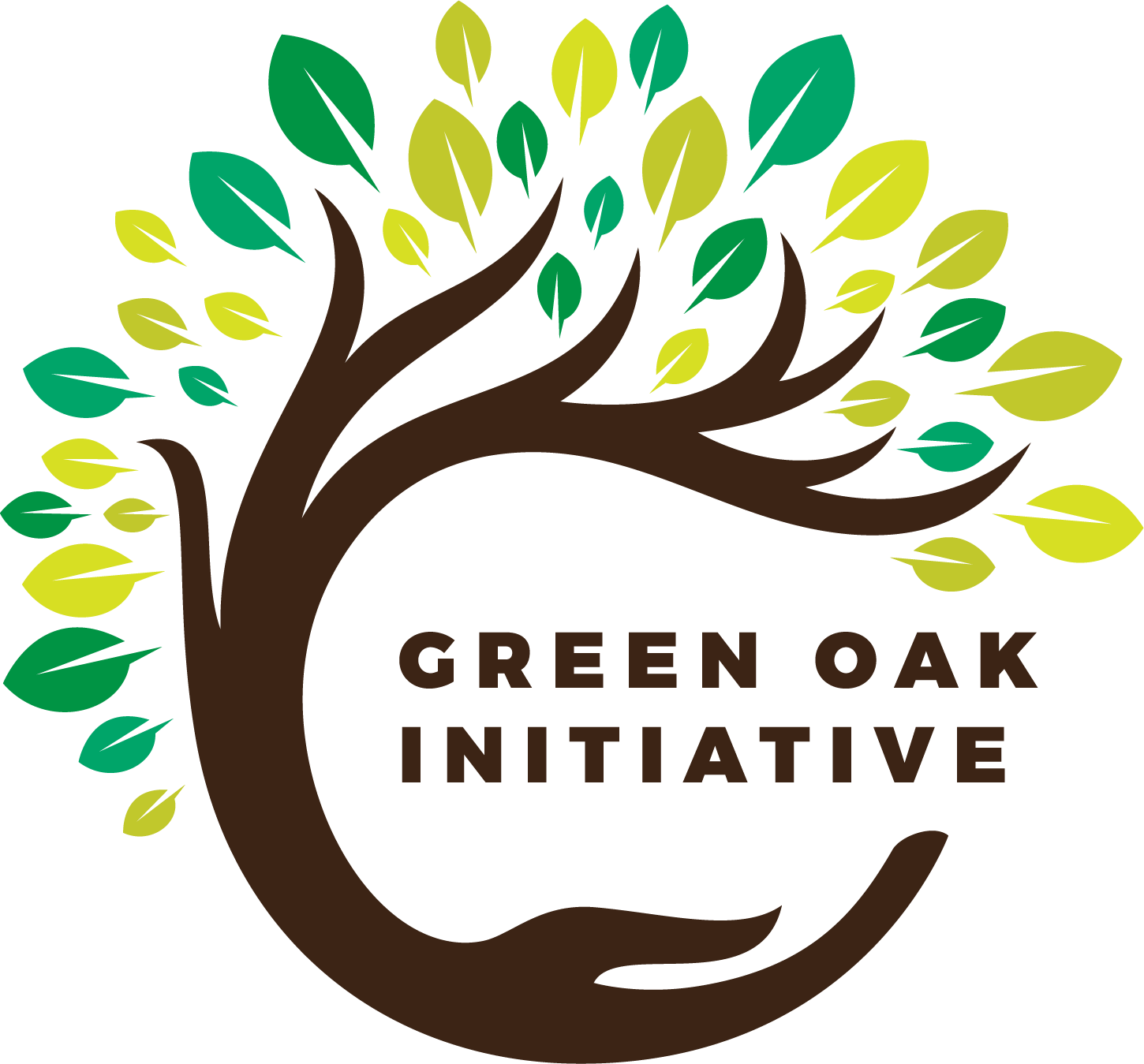Assessment & Testing Services
The Green Oak Assessment and Testing Services provides a wide array of comprehensive psychological assessments tailored to individual needs across various contexts. Our team of skilled psychologists, accredited by the Rehabilitation Council of India, is committed to delivering accurate, dependable, and insightful evaluations covering different aspects of psychological development and well-being. We offer psychological assessments for the individuals across the life spans – for children, adolescents and adults.
Psychological assessments and testing services are essential for understanding and evaluating an individual’s psychological functioning, cognitive abilities, emotional health, and personality traits. The objective is to gather relevant information to make informed decisions about mental health. This typically involved detailed interviews, standardized tests, observations, and other assessment methods to collect relevant data. The results offer valuable insights into understanding psychological functioning aiding in the provision of appropriate interventions and support services.
Assessment reports from psychological evaluations have varied applications across clinical, educational, occupational, legal, healthcare, research, and personal development settings. Overall, psychological assessments are pivotal for understanding and enhancing psychological well-being across diverse life domains, ultimately improving an individual’s
quality of life.
List of assessments at Green Oak Initiative:
- Weschler’s Adult Intelligent Scale (WAIS) – 4 th Edition: The most advanced measure of cognitive ability among adults. A core battery of 10 unique subtests focuses on four specific domains of intelligence: verbal comprehension, perceptual reasoning, working memory, and processing speed. Apart from providing the Intelligence Quotient it also facilitates rehabilitation and designing interventions.
- Binet Kamat Test (BKT): An economical and easy-to-administer test, BKT is one of India’s most popular IQ assessments. The Indian adaptation of the Stanford Binet Intelligence Scale has been widely used in clinical settings for certifications.
- Conners Comprehensive Behaviour Rating Scale (CBRS): Conners Comprehensive Behaviour Rating Scale (CBRS) is a tool used to gain a better understanding of academic, behavioral, and social issues that are seen in young children. It provides valuable inputs that assist in diagnosing ADHD.
- Childhood Autism Rating Scale (CARS 2): CARS 2 has been revised to cover the entire autism spectrum, including Asperger’s Syndrome. It differentiates from children who have developmental problems and do not have autism.
- Vineland Social Maturity Scale (VSMS): VSMS is an assessment of social independence or social competence from infancy to young adulthood. Social maturity pertains to one’s ability to recognize the nature of the social world in which one lives. Coupled with formal IQ assessment VSMS provides a comprehensive understanding of an individual’s functioning.
- Vineland Adaptative Behaviour Scale (VABS): The Vineland Adaptive Behaviour Scale (VABS) is a commonly used measure of adaptive behavior skills for children and adolescents. Based on parental reports of behavior observed in natural contexts it provides. It consists of three scales: communication, socialization, and daily living.
- Weschler’s Intelligence Scale for Children (WISC): WISC is one of the most widely used intelligence tests for children aged 6 to 16 years. It has been designed to assess cognitive abilities across several domains, providing insights into a child’s intellectual functioning and strengths and weaknesses. The WISC is structured into subtests including verbal comprehension, perceptual reasoning, working memory, and processing speed. Each of them measures different aspects of a child’s intelligence.
- NIMHANS Specific Learning Disability Battery: The NIMHANS SLD Battery is a comprehensive assessment tool used in India to diagnose specific learning disabilities in children. It has been designed to evaluate different cognitive functions and academic skills. The tests assess various domains, including reading skills, writing skills, mathematics skills, language skills, and cognitive abilities. Apart from diagnosing SLD, it also helps in identifying a child’s strengths and weaknesses and help in developing individualized intervention plans to support the educational needs of children with SLD.

